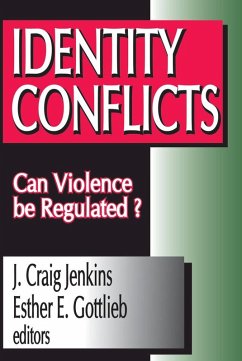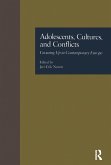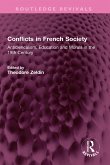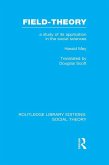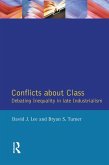The contributors provide a multidisciplinary multi-regional analysis of identity conflicts and their regulation. The chapters focus on the forging and suppression of religious and ethnic identities, problematic national identities, the recreation of identity in post-conflict peace-building efforts, and the forging of collective identities in the process of democratic state building. The instances of violent conflict treated here range across the globe from Central and South America, to Asia, to the Balkans, and to the Islamic world.
One of the key findings is that conflicts involving religious, ethnic, or national identity are inherently more violence prone and require distinctive methods of regulation. Identity is a question both of power and of integrity. This means that both material and symbolic needs must be addressed in order to constrain or regulate these conflicts. Accordingly, some chapters draw on a political-economy approach that places primary emphasis on resources, organization, and interests, while others develop a cultural approach focusing on how identities are constructed, grievances defined, blame attributed, and redress articulated.
This volume offers new ideas about the regulation of identity conflicts, at both the global and local level, that engage both tradition and modernization. It will be of interest to policymakers, political scientists, human rights activists, historians, and anthropologists.
Dieser Download kann aus rechtlichen Gründen nur mit Rechnungsadresse in A, B, BG, CY, CZ, D, DK, EW, E, FIN, F, GR, HR, H, IRL, I, LT, L, LR, M, NL, PL, P, R, S, SLO, SK ausgeliefert werden.

